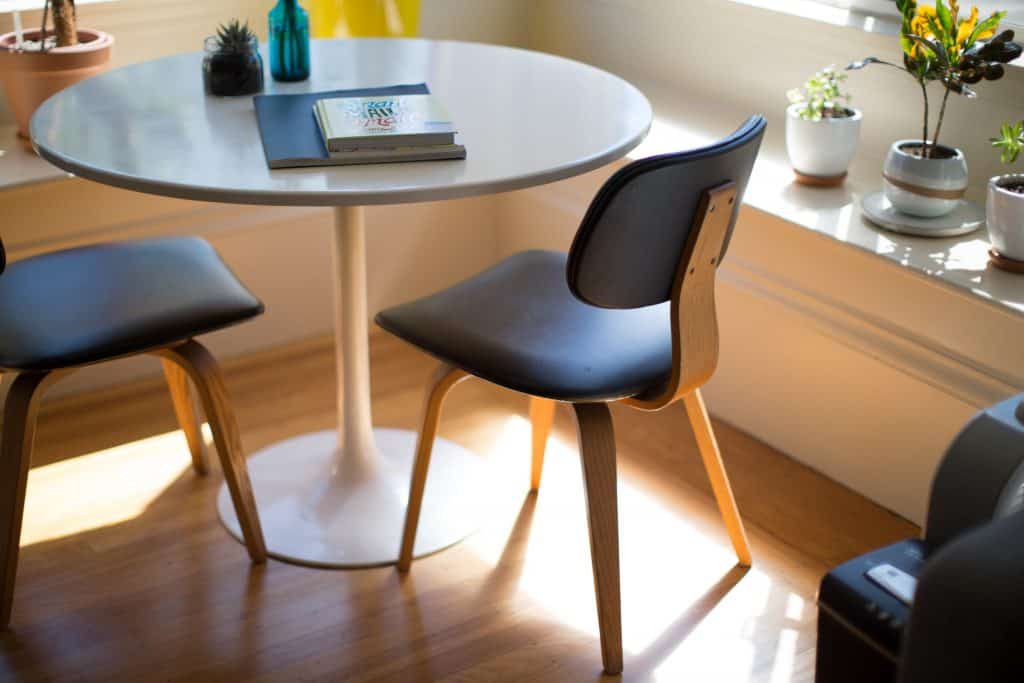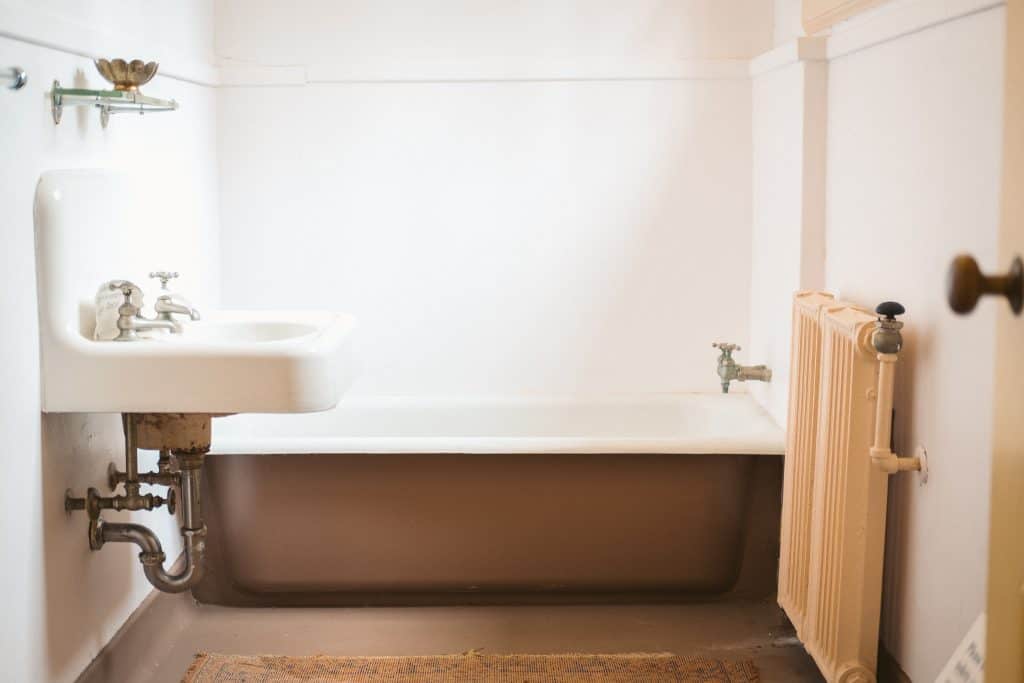Sometimes what is an obvious clutter breakthrough point and easy for me, is the brilliant idea that you need to have a breakthrough to release your clutter.
I talk to people about their clutter all the time. I see patterns in how they talk about their stuff. Mostly, I notice the wrong thinking that is keeping them from long-term results from their organizing efforts.
I thought I’d share some of the most frequent because knowledge is power and being aware of a problem makes it fixable.
The container itself takes up space, so when you start with the container as the solution to having too much stuff, you are adding to the problem. Instead, make the decisions about what to keep and then decide where and how to keep it.
I only recommend a container if it will keep things easier to grab and go when you need it, or to keep infrequently used items clean.
Information takes up space, especially information you already know. Who are you trying to prove it to? Much of the paper that piles up in our lives is information about the things we are already interested in. We keep it because it seems relevant. However, if you stop to think about it, you already have incorporated the most useful additions into your knowledge bank – your brain.
There is no need to keep it once it is there or once it has been deemed irrelevant.
It’s broken and doesn’t want to live with you anymore. What if you got rid of, actually tossed all the items in your home that were broken, missing necessary parts or never worked as well as expected? How much room would that free up?
Broken things don’t solve a problem, they are a problem. Instead of thinking this shouldn’t be too hard to fix and adding an item, one that often requires a learning curve to do, to your task list, just dump it and see how life works without it.
If it is something that you use regularly and has just come to the end of its useful life, replace it with the best new version you can find for your needs.
If it is precious, to you, you would take better care of it. The real difference between clutter and a collection is that collectors treat their items of reverence with respect. It is worth their time to inventory, display and store the items so they are protected from the elements and can be enjoyed. A collection is most precious to the owner.
That means that all the stuff you tossed into the garage or guest room because it might be valuable some day is not. The stuff you bought because the ad said it would appreciate in value probably won’t.
If you don’t take care of the things you buy as an investment, it won’t take care of you. This goes for collectibles, art, and courses you never bothered to do.
If you don’t have room for it, leave it at the store.The real cost of an item is how much it costs you to own it. Do you have to put an addition on the house, park the car in the driveway, or purchase something special to hold it? If so, you probably don’t have room for it in your life.
The actual space we live in is a great limiter for our clutter. You wouldn’t keep a horse in an apartment would you?
I hope these brilliantly obvious things have given you something to think about and help you breakthrough your clutter.



